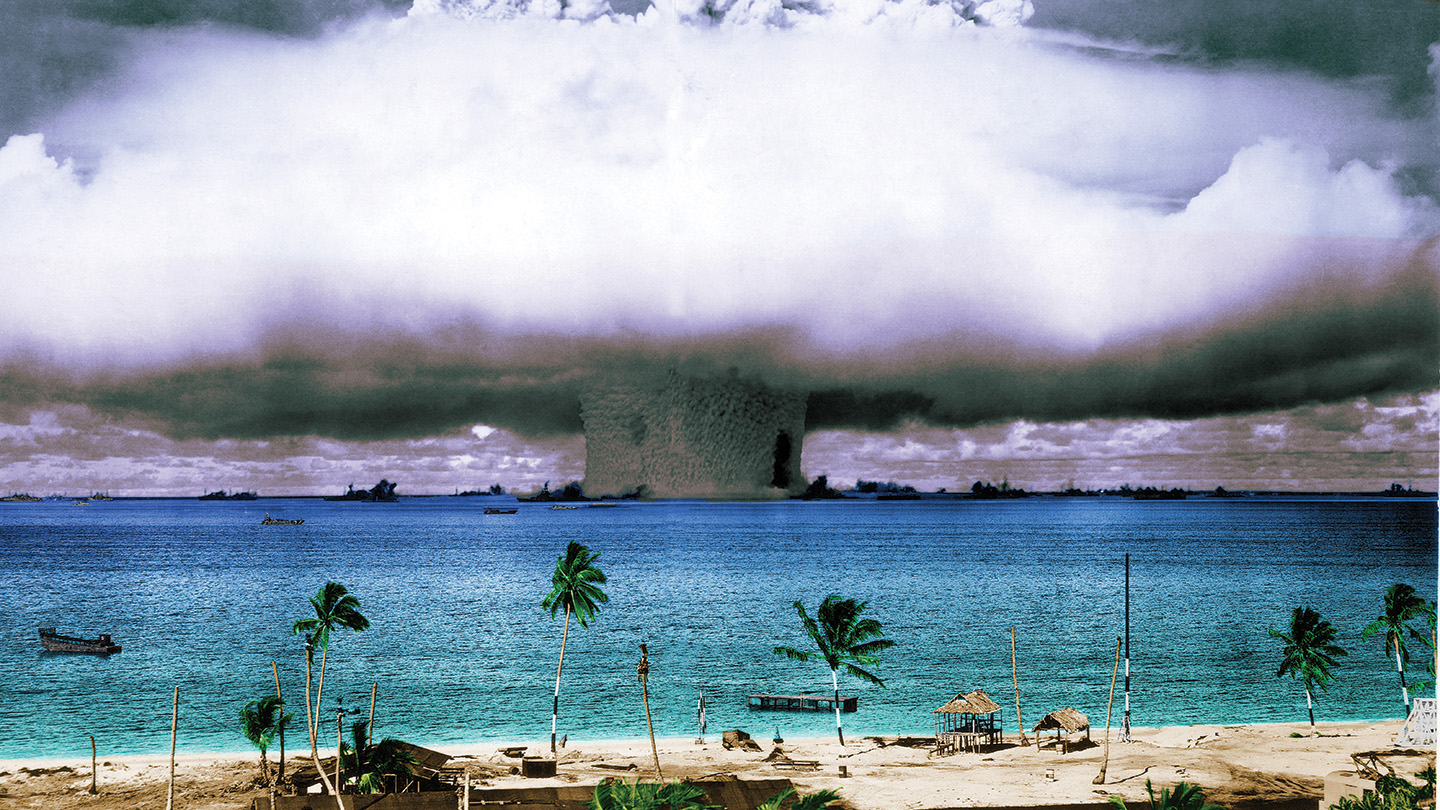Nuclear Weapons Testing: Scientists Clash Over Potential Resurrection of Cold War Tensions

In the evolving landscape of nuclear weapons research, a growing consensus among scientific experts suggests that traditional nuclear testing may soon become obsolete. Advanced "subcritical" experiments and sophisticated computer simulations are revolutionizing our understanding of nuclear weapon technologies without the need for full-scale detonations.
These cutting-edge research methods allow scientists to study nuclear weapon physics with unprecedented precision and safety. By using complex computer models and controlled laboratory experiments that stop short of a critical nuclear reaction, researchers can now gather critical data about weapon performance and reliability without the environmental and political risks associated with traditional nuclear testing.
Leading nuclear scientists argue that these modern techniques provide more detailed insights than past testing methods. Computer simulations can now model extreme conditions with remarkable accuracy, allowing researchers to predict weapon behavior under various scenarios with a high degree of confidence.
The shift towards subcritical experiments represents a significant breakthrough in nuclear research, offering a more responsible and technologically advanced approach to understanding nuclear weapon capabilities while minimizing potential global environmental and humanitarian risks.
